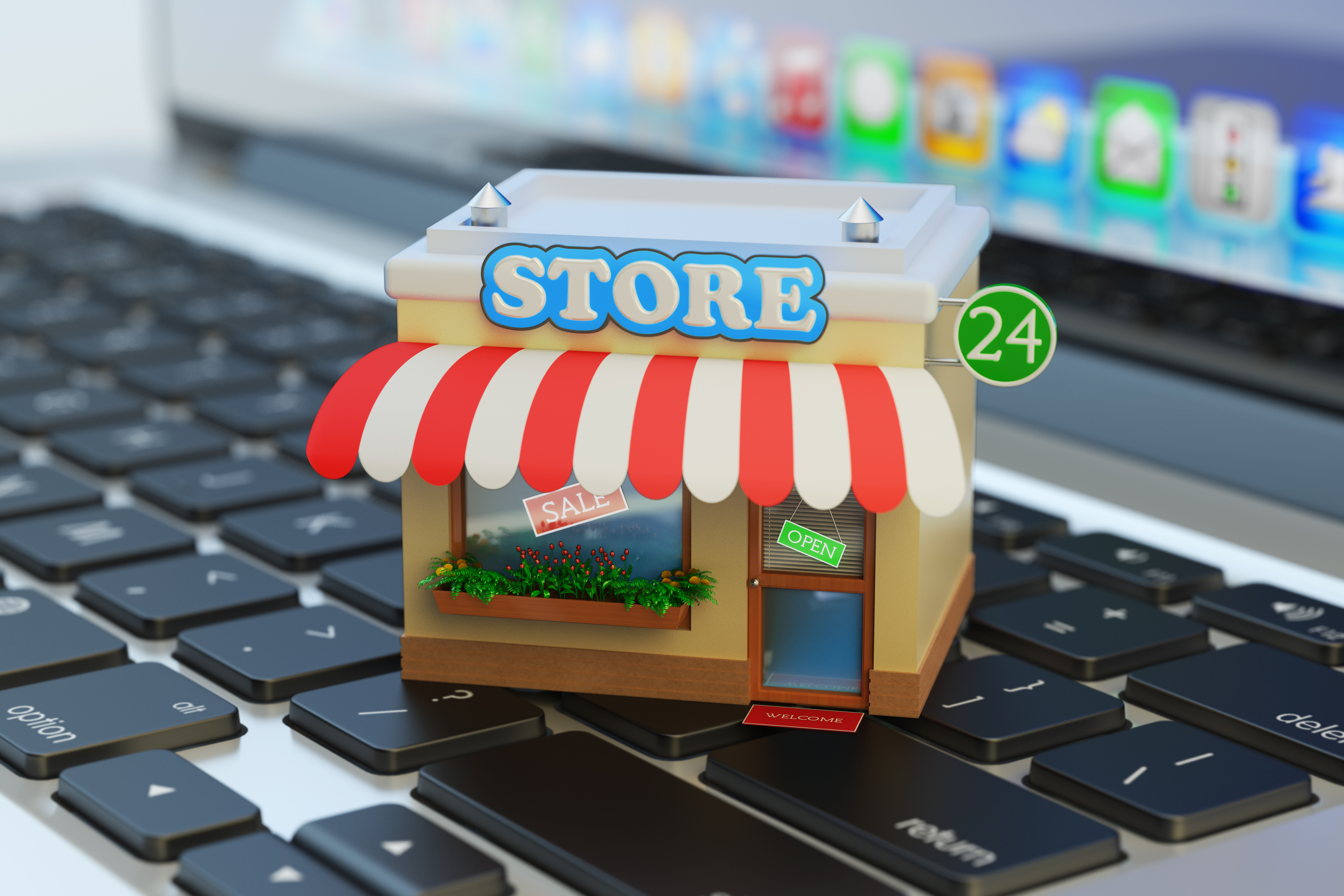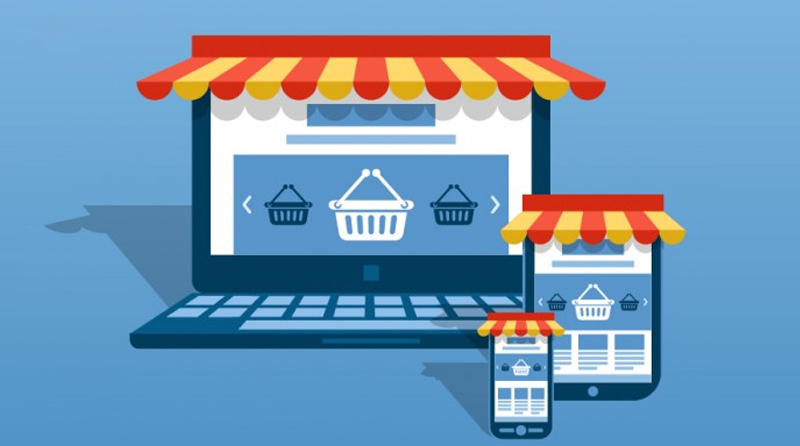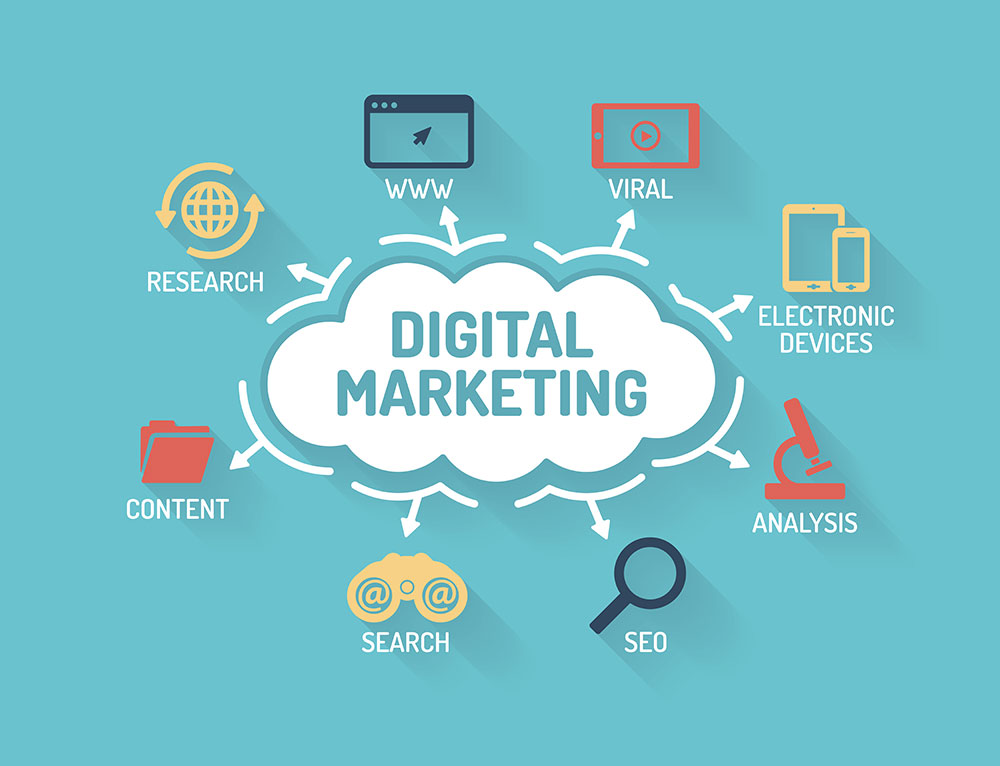New Web Store? Your Checklist for Success in 2018

The world today is way more digitalized than ever before, and this has immensely impacted the way stores, showrooms and even small merchants are getting their business done! Everyone has an online presence and every business is trying to rope in as many potential customers possible through web stores or online stores. Naturally, the competition for attracting the target audience is high, and if you too have joined the bandwagon of online merchants recently, here are some cool tricks that can help you stand out!
Web design that attracts and engages
No matter how great the product or service you sell is, without a wonderful web design, your marketing campaign will fall flat on its face. Either you can learn to create a visually appealing web store yourself or you can hire a professional web designer. The investment will be worth it. Or, check out sites such as TonyTemplates or TemplateMonster to get hold of an attractive e-commerce template with the latest designs and layouts. Minimal text and high quality full-width images are the way to go.
Focus on “About Us”
Your “About Us” page is the biggest bait after your landing page to hook potential customers. Keep the design minimal and mention clearly how your brand was born, what you offer, and why it is important. Include testimonials and achievements to gain customer trust and also mention contact details like address, email, and social media pages.
Don’t ignore the power of online support
Your interaction with the customer is not just till the moment he or she makes the payment and gets the product delivered. It should go beyond that in the form of awesome online support or after-sales services that they might need before using the product. Pre-purchase support in the form of live chats on your website can boost the conversion by more than 10% as well. It will also encourage new buyers to trust your store. Make sure that the chat box or the phone line is clearly visible on your homepage.
Choose the perfect payment gateway
Without a secure and fast payment gateway, your online business will do anything but prosper. So, go for a gateway like PayTabs which lets you sell your products globally and receive payments even within 24 hours! It has a very robust 2-layer fraud protection system, and accepts 168 currencies too. You can integrate PayTabs very easily into your system and benefit from features like online invoicing, mobile apps, and convenient payment processing. Customer details and purchase history are well-protected, and PayTabs also generates financial reports that can help you monitor cash flow. This payment gateway is ideal for every type of business, it can make your business cycle easier to handle and it will keep a track on recurring customers too.
Make your website and blog SEO-optimized
Ensure that both your website and blog (everyone has one these days) follow Search Engine Optimization or SEO. This means, that the content, product titles and descriptions must contain keywords that will help you rank higher on organic search results. Or in other words, using the right keywords will increase your visibility to the online audience. Before incorporating the keywords which you think will work, type them into a search engine like Google and see who your business competitors are. If they are big ones, change your keyword to something that is not so competitive. For your blog, use SEO tools and Google Analytics to track page views and see which posts do better.
Other tips
Advertise creatively on social media, track analytics of your site, make your site is mobile-friendly, offer free shipping and assured refunds, use email marketing, and network with industry bloggers, traditional reporters and social media influencers to create a buzz about your product. Don’t forget to keep an eye on your competition too.



